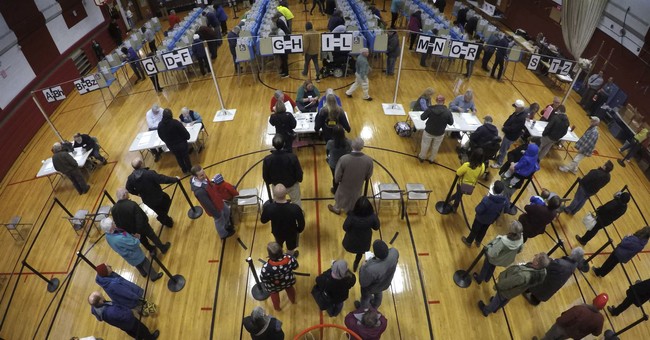
Despite all of the buzz that you might have heard about the “dueling town halls” that happened back on Thursday and the ratings, perhaps one could clue you in on a second point that my colleague Kira Davis noted on the latest episode of Red + Black:
These days, debates rarely move the needle when it comes to elections, especially after the 2016 election cycle.
One would have to imagine that town halls do even less, notably ones where a 77-year-old former vice president and an incumbent mid-70’s president are featured playing more to their caricatures (i.e., Biden showing the energy of an octogenarian watching a slow-paced opera, Trump showing the tact of a bull in a china shop) than to undecided voters. Even if my other R + B “crooner” (i.e., Jeff Charles, the “Breaking Conservatarian“) is right and there are more undecided voters than one might expect, in the end, it really does not matter that much.
The truth is: we are not voting for a president over the next four years in November. We are voting for America, whether we want to admit it or not.
If 2020 has shown us anything else, from the racial divide that inflamed as a result of the disparities stemming from the pandemic and highlighted through the tragedies surrounding George Floyd’s demise, is that the American Way of Life is on the ballot this November. From education equity (as affirmed in the Espinosa case earlier this year from SCOTUS) to economic revitalization after the “pandemic depression” that left millions out of work in just 2 months, each vote that is cast this fall has the opportunity to be a necessary affirmation advancing the American spirit. That spirit of perseverance, vision, optimism, and accomplishment through adversity has been taking a beating this year, as more Americans are willing to cast aside unity, constitutionality, civil tranquility, and our belief in equal self-determination for the sake of official peace or fairness — even if that means discarding the free market and capitalism, eschewing civil rights, or voiding any sense of decorum that makes our republic a balanced and just one.
In many ways, our votes this fall may decide if the belief in “only in America” — that notion that certain successes only occur with inspired regularity in America — is a dying one or merely one that has hit a lull before a necessary revival.
Only in America can I be both a former janitor and later an executive.
Only in America can I be both a 21-year-old father working as a deli clerk and soon after a self-taught computer programmer within an 18-month period of time.
Only in America can I be an underperforming college dropout and later an adjunct professor after returning to a place of incompleteness to finalize a journey.
Barack Obama could only happen in America before he reached the age of 50. Donald Trump becoming president, also, could only happen in America. FDR leading us through dark times after his own despair and failures? Only in America. Reagan leading a revolution and defeating the Evil Empire after 2 presidential losses? Only in America.
It could happen anywhere, perhaps; (e.g., Winston Churchill’s journey comes to mind). It just so happens that it occurs a lot more in America.
America is the land where second chances are plentiful and opportunity to rise is available. Yet, more and more Americans — particularly in 2020 — have decided that the promise that America has offered to former slaves, former inmates, and former underachievers is rapidly not accessible. Regardless of the candidate that one supports, there is a horrible narrative that is advancing in many corners of the media, academia, and American culture: that there is one side of the election that has given up on the best of America and, as a result, a radical shift from what we extol within our nation is unquestionably required.
The problem is: each of us has to figure out if there is a side that can lead towards that “best of America” for the 21st century. Better still: is there still enough within each of us to procure a better America, regardless of the winners after the votes are cast?
As well, we have to ask: how do we keep our nation and secure a better future as Americans? Are economic prosperity and civil unrest worth the gains in the stock market? Is growing government again for some stability also worth growing the disparities found in education, employment, and wealth accumulation?
Candidates’ names are on the ballots, but America is truly who is up for a vote this fall in a way that has not been the case in decades — perhaps, even, since 1860. Our votes will determine our collective ability to keep our next president, the Congress, and other elected officials honest in the pursuit and affirmation of laws that will cement or decay the reasons why this nation has persevered. Our culture has given up on inspiring us to unite around our best value and rich Constitution, instead looking through the lens of harm and frustration. Our schools have stopped teaching the power of redemption that continues to play out within the American story, instead turning towards tales that lead to disappointment in our nation where we could look towards the greatness in overcoming adversity. Our politics have resorted to winning through an opponent losing more, a notion that instead ensures that our nation continues to lose communities and generations to despair, drugs, inadequate education, and under-utilized talents. A resurgence in all that we are as Americans is not going to be up to Trump or Biden, nor any particular candidate down-ballot. However, our votes and our actions as a people will show the leaders we need and the ones we select (i.e., which often are not one and the same) that we select America more than we choose them by November 3. After this challenging year of illness, divide, and economic woes — and despite what you might hear in commercials, campaign speeches, and perhaps another debate — everything boils down to whether we are voting for the American Way of Life this fall or if we will select to continue our national malaise, regardless of the winners on Election Night.
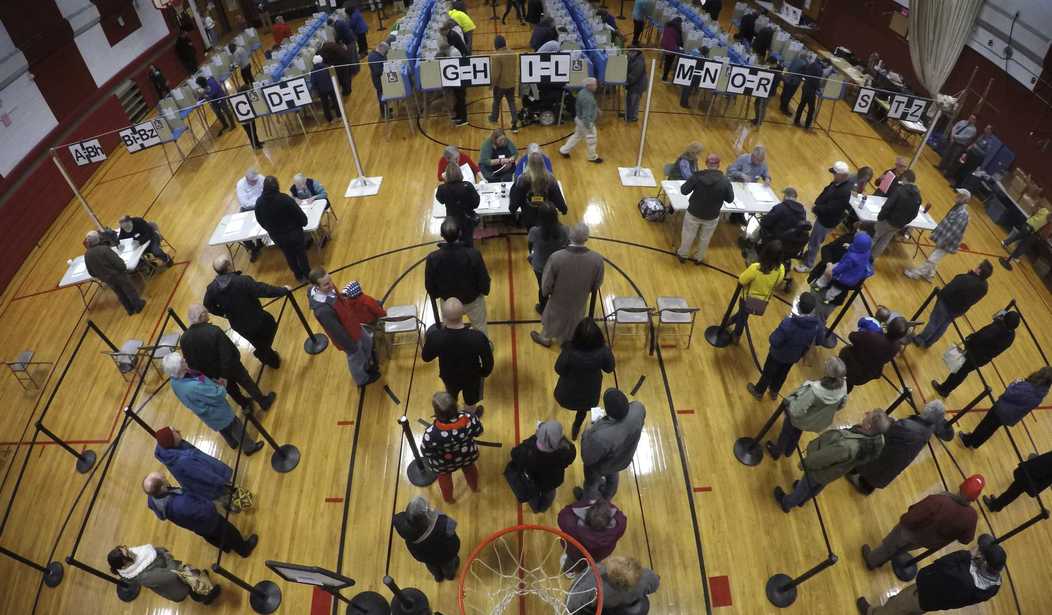


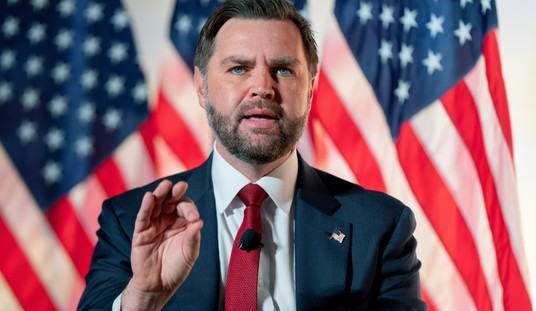
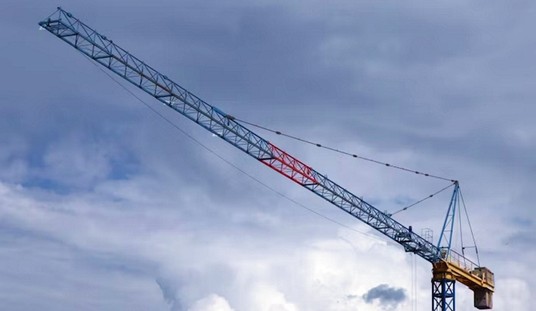



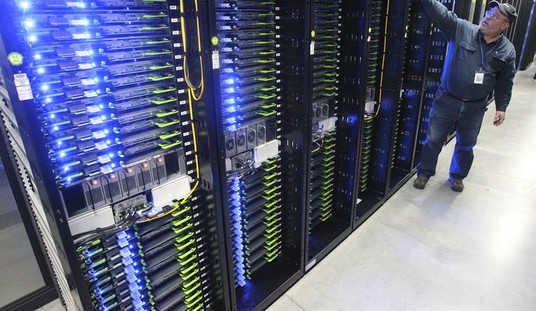



Join the conversation as a VIP Member